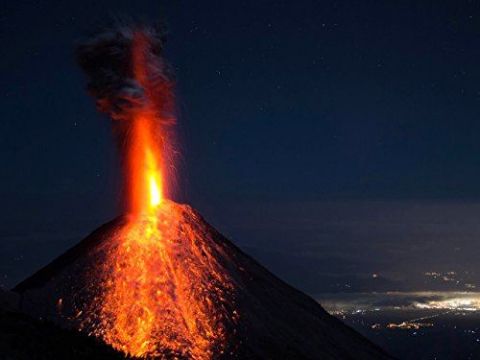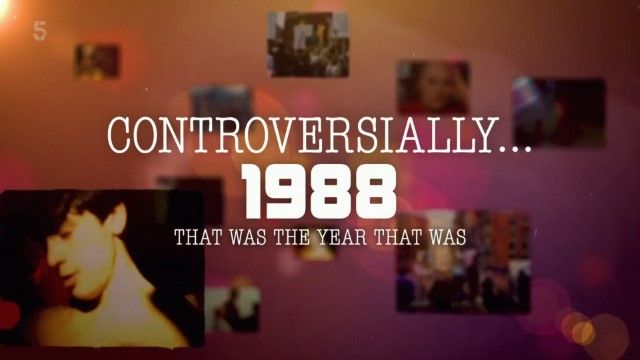Propaganda: The Manufacture of Consent • 2017
What makes an entire country take self destructive decisions of eating unhealthy, smoking cigarettes & going to war? In 1916, Woodrow Wilson ran on a platform strongly opposing US entry into WWI. But just a few months after taking office, the United States declared war on Germany. Soon after, the American people, so firmly opposed to the war just a year earlier, were enthusiastic supporters. What happened? The short answer: Sustained consumption of propaganda! PROPAGANDA: THE MANUFACTURE OF CONSENT is a revealing documentary about how public relations grew out of wartime propaganda-and a portrait of one of the key architects of the field, Edward Bernays. The nephew of Sigmund Freud, Bernays refined the techniques used so successfully during the war to sell products to consumers, and ultimately to sell capitalism itself to workers. Public relations was also critical in building support for the New Deal, and in the pushback against it from the National Association of Manufacturers, which created materials including films aimed at children on the glories of manufacturing. Bacon and eggs as part of a hearty breakfast? The work of Bernays on behalf of a bacon company. Cigarettes as a sign of women's liberation? Bernays, again. Casting the democratically elected government of Guatemala as a Communist threat to justify US invasion on behalf of the United Fruit Company? Once more, Bernays. There was nothing shadowy about Bernays. He wrote a book detailing his techniques and discusses them in an archival interview with Bill Moyers from 1983, where we see his pride in hijacking the women's suffrage movement in order to sell more cigarettes—one of many illuminating moments in this film. Featuring Noam Chomsky, Chris Hedges, Public Relations Museum co-founder Shelley Spector, historian Stuart Ewen, sociologist David Miller, and Bernays' daughter Anne, PROPAGANDA offers an insightful look into the development of public relations techniques, and how they continue to affect us today.
Make a donation
Buy a brother a hot coffee? Or a cold beer?
Hope you're finding these documentaries fascinating and eye-opening. It's just me, working hard behind the scenes to bring you this enriching content.
Running and maintaining a website like this takes time and resources. That's why I'm reaching out to you. If you appreciate what I do and would like to support my efforts, would you consider "buying me a coffee"?
Donation addresses
BTC: bc1q8ldskxh4x9qnddhcrgcun8rtvddeldm2a07r2v
ETH: 0x5CCAAA1afc5c5D814129d99277dDb5A979672116
With your donation through , you can show your appreciation and help me keep this project going. Every contribution, no matter how small, makes a significant impact. It goes directly towards covering server costs.





